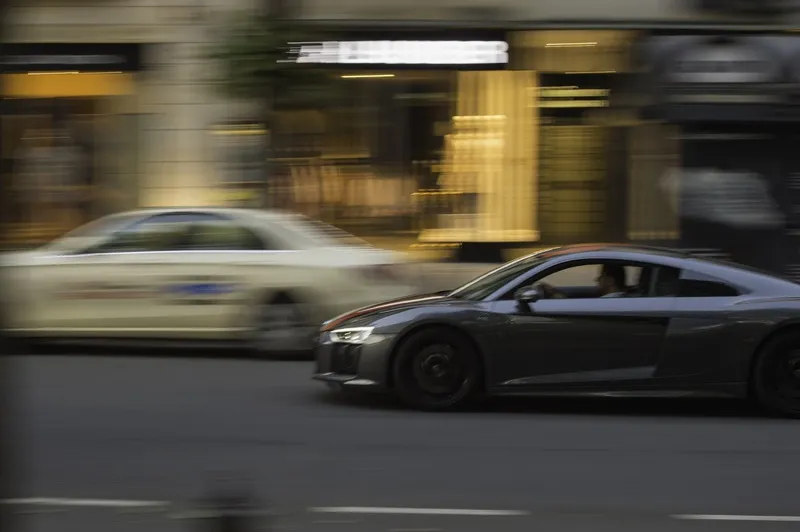A new survey, by
This is not to suggest that people have a problem with vehicle data per se – for example, 88% are happy to share remotely their location and vehicle status with roadside assistance providers.
However, 64% are not in favour of letting their car synchronise phone contacts and emails, the organisation reveals.
The figures come ahead of an anticipated European Commission recommendation, expected before the end of March, which covers some of the issues around vehicle data and how it is accessed by third parties.
“Car connectivity should bring applications that improve the lives of road users,” says FIA Region I director general Laurianne Krid. “However, we need specific and legally binding rules to protect consumers and ensure vehicle and driver data are shared in a safe and reliable way. We call on the Commission to come forward with such a proposal as a matter of urgency.”
Most EU motorists want legislation on vehicle data, says survey
The overwhelming majority of European road users want laws to protect their rights when it comes to the data their vehicle generates while driving.
A new survey, by FIA Region I across 15 countries, found that 93% of motorists support the need for dedicated legislation to ensure their consumer rights and data protection.
This is not to suggest that people have a problem with vehicle data per se – for example, 88% are happy to share remotely their location and vehicle status with roadside assistance provid
January 16, 2019
Read time: 2 mins
The overwhelming majority of European road users want laws to protect their rights when it comes to the data their vehicle generates while driving.








